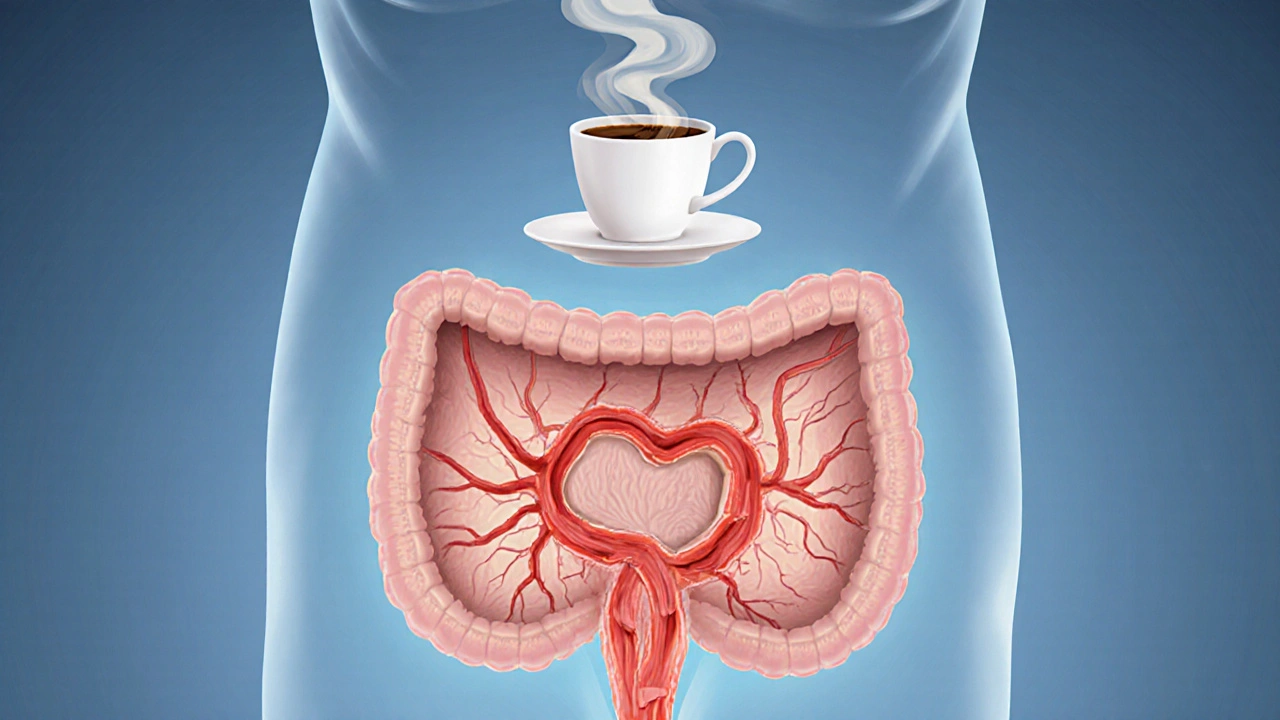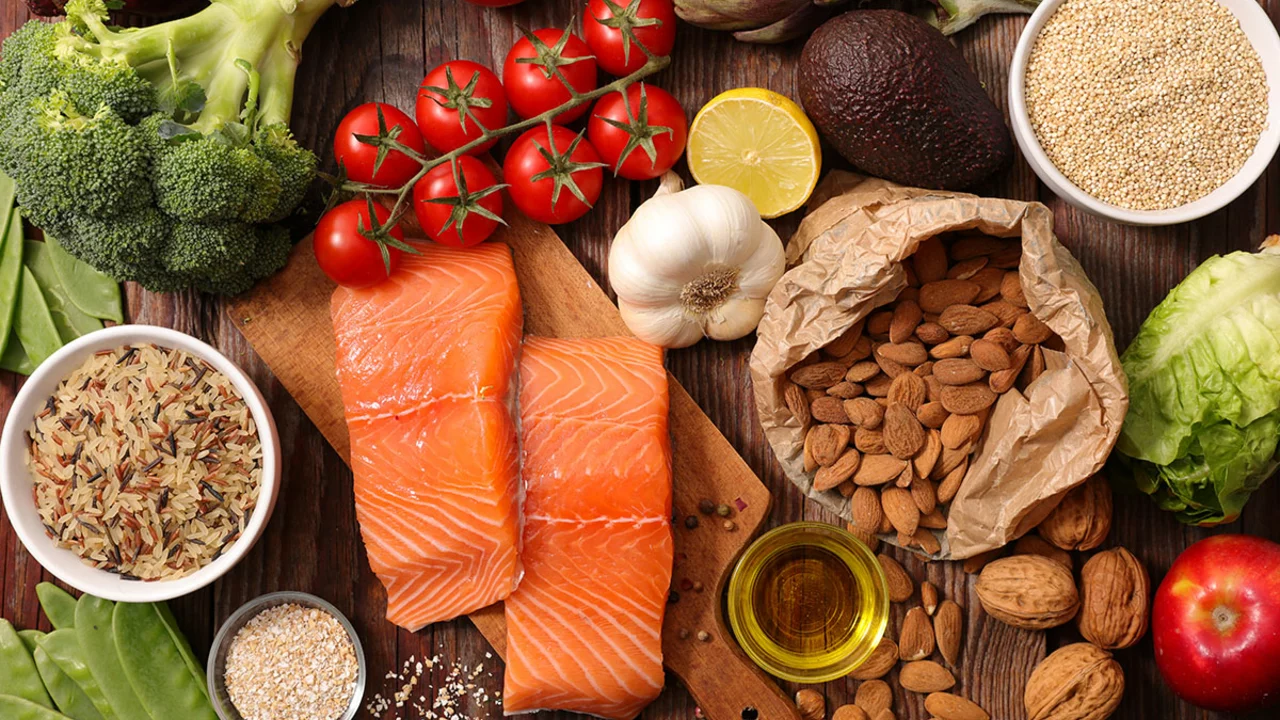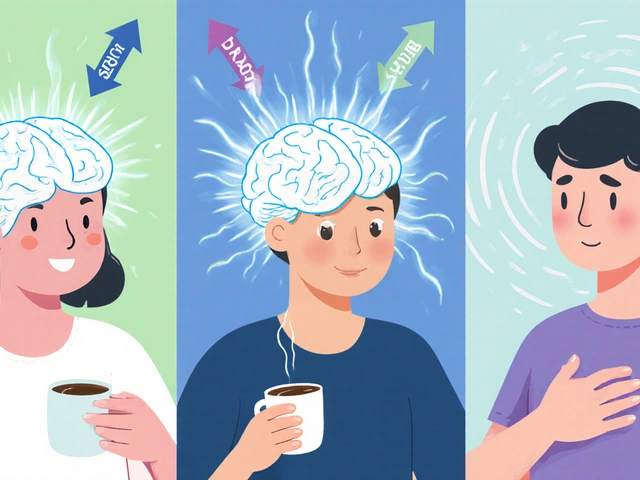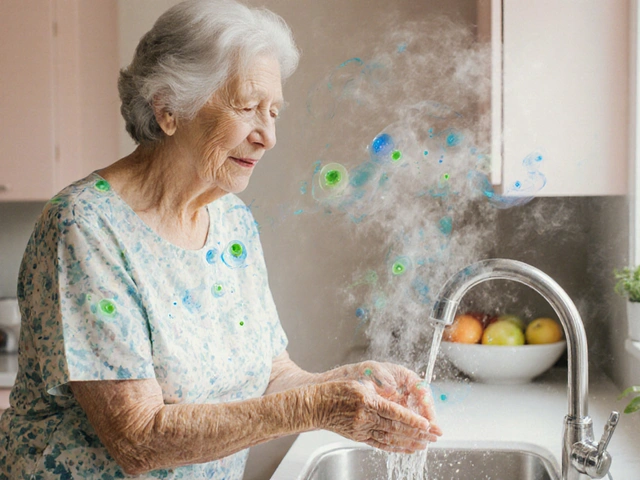Diet tips for people on medication: simple rules that help
Taking medicine changes more than your schedule — it can change what you should eat, drink, and take as a supplement. Small food choices help drugs work better and reduce side effects like low blood sugar, dehydration, or electrolyte imbalances. Below are clear, practical steps you can use today.
Food timing and interactions that matter
Some meds need to be taken with food, some on an empty stomach. For example, sulfonylureas like glyburide carry a real risk of low blood sugar — keep a consistent carb source at meals and don’t skip breakfast after dosing. SGLT2 drugs such as canagliflozin can cause extra urination; eating regular meals and staying hydrated helps prevent lightheadedness.
Separate certain minerals from some antibiotics and supplements. Fluoroquinolones and some other antibiotics bind with calcium, magnesium, iron, and zinc in dairy or multivitamins — take those meds 2–4 hours apart. If you’re on terbinafine, avoid heavy alcohol because both can strain the liver.
Potassium matters. If you take potassium-sparing drugs like spironolactone, don’t load up on high-potassium foods or supplements without checking labs. Conversely, diuretics or certain conditions can lower phosphate — add phosphate-rich foods (dairy, beans, meat) when advised by your provider.
Supplements, hydration, and everyday choices
Supplements can help, but they can also cause trouble. Herbs like sage or Iceland moss may offer benefits, but they can interact with drugs or affect liver enzymes. Tell your pharmacist or doctor about any supplements you take — even natural ones.
Alcohol is often the hidden problem. It can worsen side effects for medications like valproic acid, terbinafine, or certain antidepressants. Cutting back or avoiding alcohol when on these meds lowers the risk of nausea, liver issues, and poor sleep.
Hydration keeps everything working. If a medication increases urine output or causes sweating, sip water throughout the day and add an electrolyte snack if you sweat a lot — a small banana or plain yogurt can help. But if your drug raises potassium, choose low-potassium options like apples or pears instead.
For hair, bone, and general recovery: eat balanced protein, iron, zinc, and vitamin D. Hair-shedding from RA drugs or other treatments responds best to steady nutrition and patience. Bone issues from low phosphate or meds need calcium, vitamin D, and follow-up labs — don’t self-treat without guidance.
Finally, when buying meds online, choose licensed pharmacies that require a prescription and have clear contact info. Don’t guess on dosages or swap brands without asking your prescriber.
Tell your care team about diet changes, herbs, and over-the-counter meds. Small tweaks—timing, hydration, and a few food swaps—often make a big difference for how safely and well your medicine works.
Explore how caffeine in coffee can worsen hemorrhoid symptoms and discover practical ways to enjoy your brew without added discomfort.
View DetailsIn my latest exploration, I delved into the crucial role that diet and nutrition play in preventing eye cancer. It turns out that consuming a diet rich in fruits, vegetables, and whole grains, particularly those packed with vitamins A, C, and E, can reduce the risk of developing this disease. Omega-3 fatty acids, found in fish and flaxseeds, also play a key part in eye health. On the flip side, a diet high in processed foods and fats can increase your chances of eye cancer. So, it seems clear - what we put on our plates could certainly impact our eye health.
View Details


